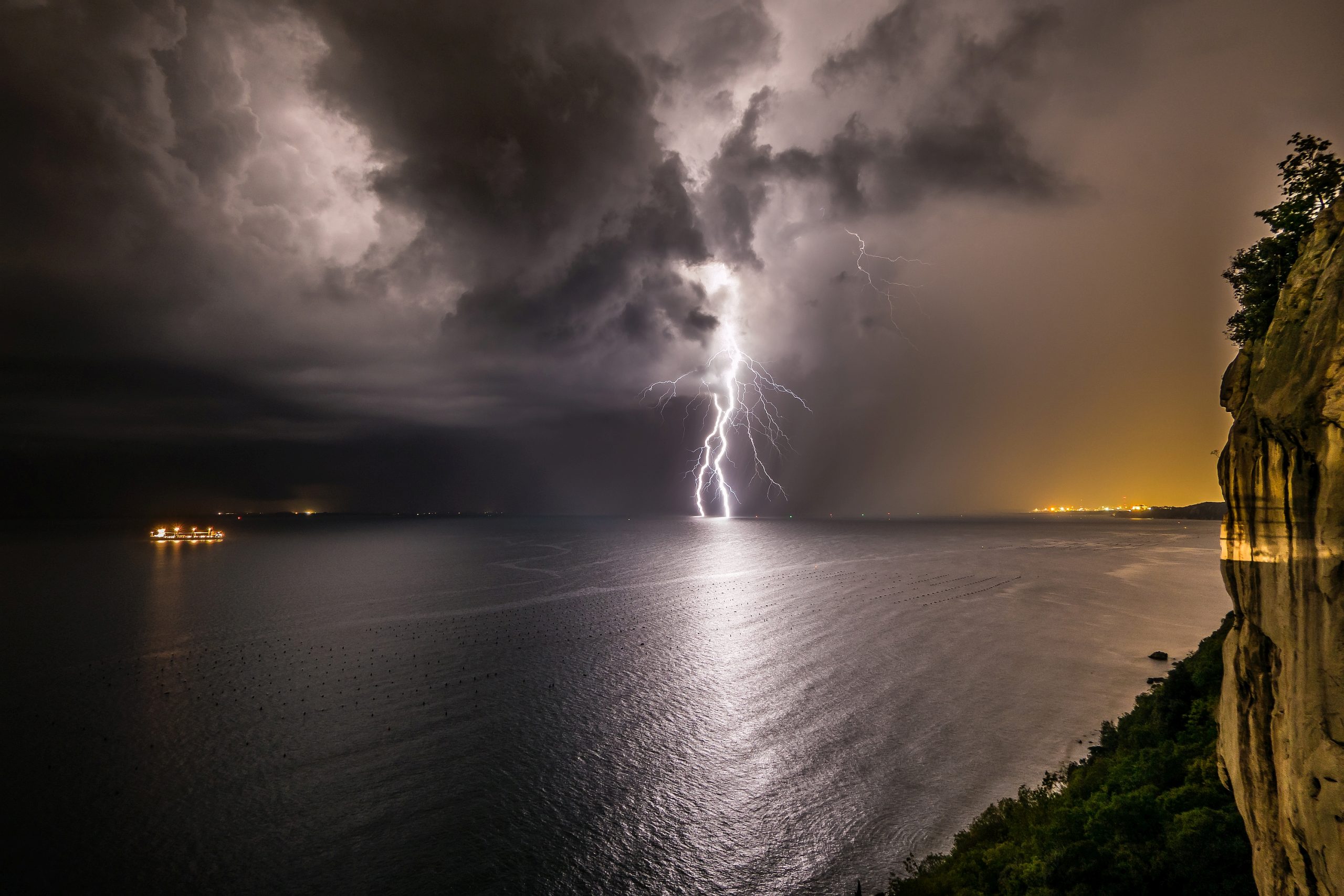Backpacking is one of the most effective ways to lose weight, as it forces you to be very intentional with what you eat. You’ll be carrying your own food and water for days or even weeks at a time, so you’ll need to choose wisely and consider portion sizes.
You’ll also be burning a lot of calories from walking, running and climbing hills and mountains. All of this adds up to significant weight loss over time.
How much weight you can expect to lose backpacking depends on how much effort you put into it. If you’re carrying a full backpack with all your food, water and supplies, you’ll burn more calories than if you were just walking with a daypack. The more miles you cover in a day, the more calories you’ll burn.
It also depends on how much food and water you carry with you. If your bag is too heavy with too much food then it will slow down your pace and make it harder to cover more miles in a day. On the other hand, if your bag is too light then chances are that you won’t have enough energy to stay active for long periods of time.
In short, if you plan carefully, are willing to put in the effort and make wise choices in terms of what food and supplies to bring along, then backpacking can be an effective way to lose weight. It’s not only about walking long distances but also about making smart choices about what type of food or snacks to bring along.
Conclusion: How Much Weight Can You Lose Backpacking? Backpacking is an effective way to lose weight if done correctly; by packing light with nutritious foods, planning carefully and putting in the effort required for long hikes each day. With all these elements combined, backpacking can result in significant weight loss over time.

